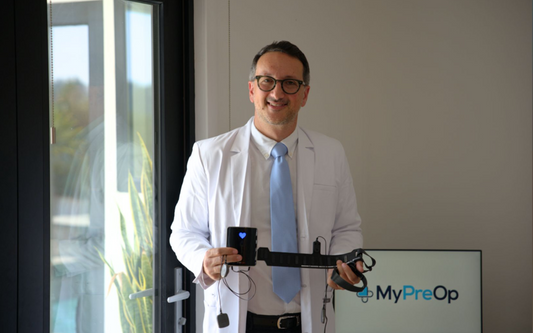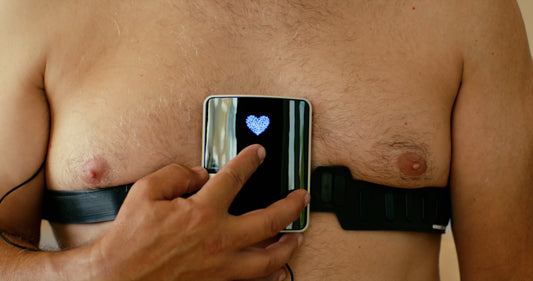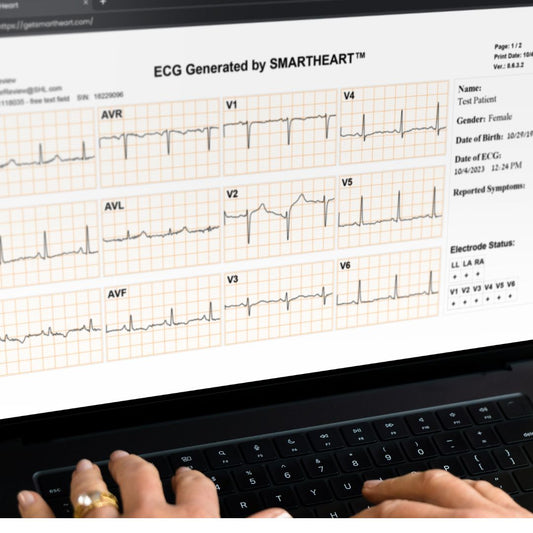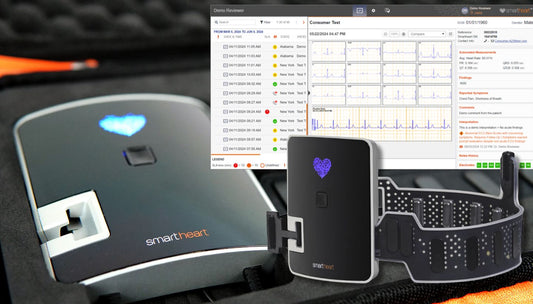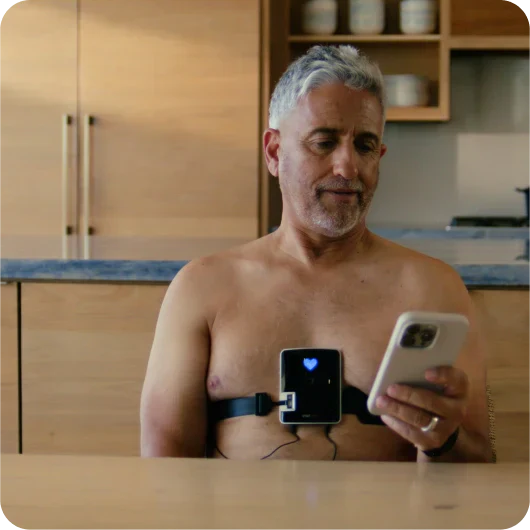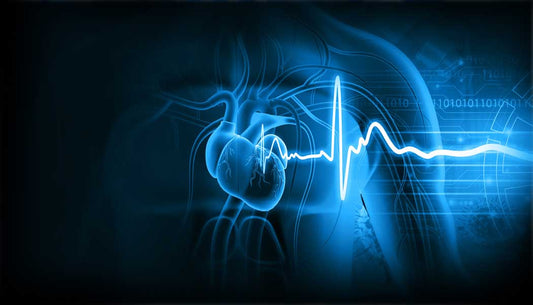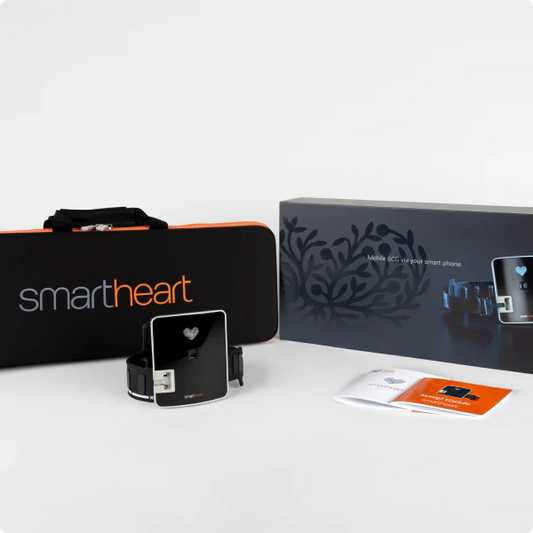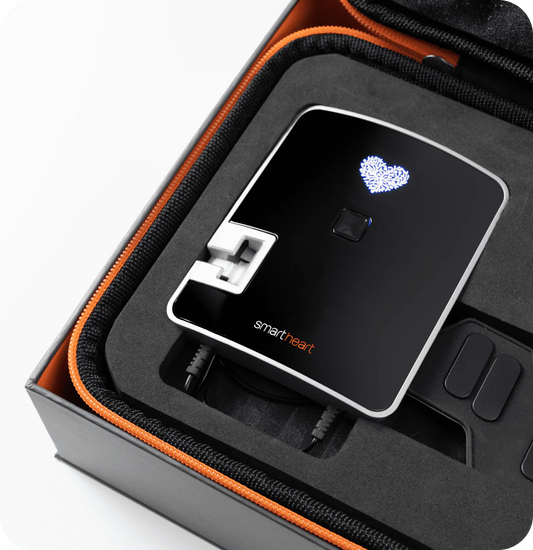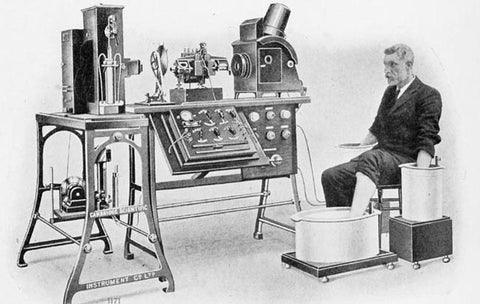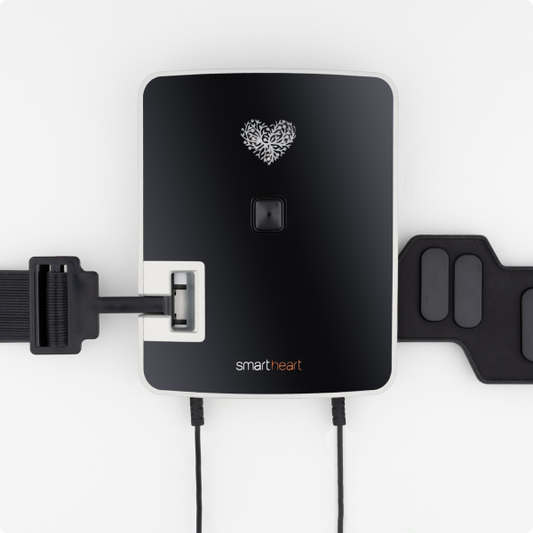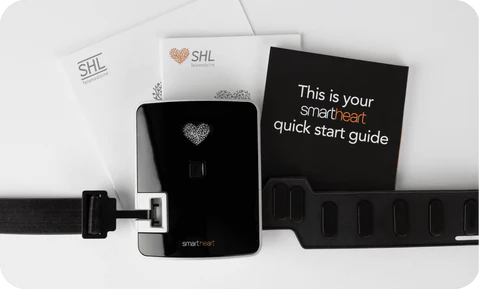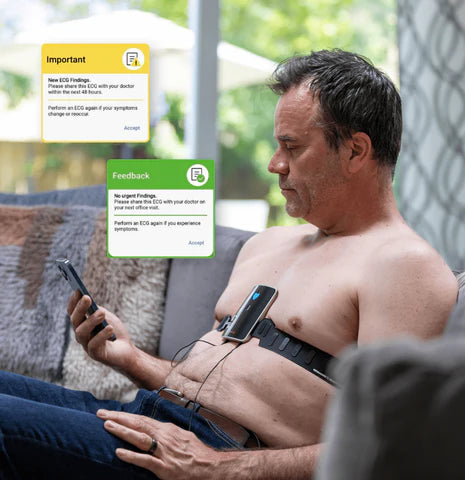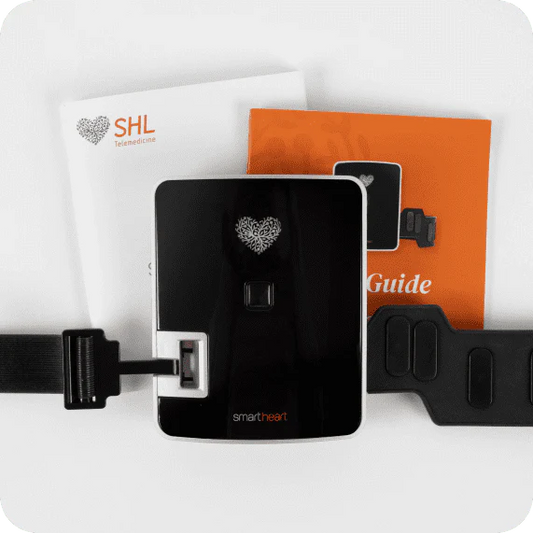As the human population grows, so does the need for electricity. The primary way that electrical energy is generated is by burning fossil fuels, a process that releases a massive amount of toxic particulate matter into the air, which can drastically affect heart health. The same goes for commercial transportation (trucks and planes), one of the world's largest end markets for fossil fuels and, thus, a significant vector for toxic particulate matter emissions. It's axiomatic that as the number of humans rises, so does their need to get from place to place. That doesn't even account for all the goods they purchase and consume. Those who live in or near cities are most at risk, especially if they live near areas with lots of fossil fuel reserves. As such, knowing about the risks and how to mitigate them is ever important.
Two kinds of particulate matter affect the heart: PM10, which are "inhalable particles" 10-2.5 micrometers or less in diameter. PM2.5 are "fine inhalable particles" 2.5 micrometers or less in diameter. In perspective, one millimeter is 1,000 times larger than a micrometer, making these particles invisible to the naked eye and thus undetectable when inhaled in small but consistent amounts. This can result in you taking in the toxic matter without even knowing that your heart is being slowly poisoned. The more dangerous of these two is the delicate particulate matter. Thirty-five studies concluded that just 10μg/m3 (microgram per cubic meter of air) of continuous increases in delicate particulate matter cause 2.12% more hospitalizations and deaths due to heart disease. Additionally, the studies found a 31% disparity in heart disease risk in areas with a high refined particulate matter concentration vs a low particulate matter concentration.
Although the most concentrated and dangerous source of particulate matter is smokestacks, that is not to say that you are immune from being affected by particulate matter if you do not live near one. Particulate matter can come from construction work, fires, fields, dusty roads, etc. If you wish to know about the areas with the highest risk, the references page contains a map of the places in the US with the highest level of particulate matter contamination. If you find yourself in an area with a high risk, or even if you do not, it is a good idea to get knowledge of your heart health and how it may have been affected by particulate matter intake. With how small particulate matter is and the nature of it infecting you over a long period, it is almost impossible to tell if a heart health concern is caused by delicate particulate matter. However, cardiac health monitoring can detect changes in the heart, letting you know if your environment is taking a toll on the heart from this invisible menace.
While it may not be possible, realistically, to avoid inhalation of particulate toxins from the world in which we live, we do have tools to monitor our health and act quickly if we suffer the ill effects of our polluted air.
If you suspect that air quality is impacting your heart health, monitoring your cardiac function at home can be a proactive approach. SmartHeart provides a leading personal ECG device, enabling you to track your heart’s health comfortably from your home. Regular visits to a physician might not reveal the immediate impacts of particulate matter on your heart, especially without noticeable symptoms. With SmartHeart’s portable ECG, you can monitor changes and detect any decline in heart function in real-time.
As urbanization increases, so does the exposure to air pollutants, which can harm cardiovascular health. Being aware of the risks associated with poor air quality is crucial. Utilizing heart health apps and SmartHeart’s monitoring system can significantly enhance your preventive care efforts. These tools allow you to understand the potential hazards of air pollution and assess personal exposure effects. Opt for an online telemedicine service combined with advanced home monitoring solutions like SmartHeart to safeguard your heart health against the challenges posed by environmental factors.





